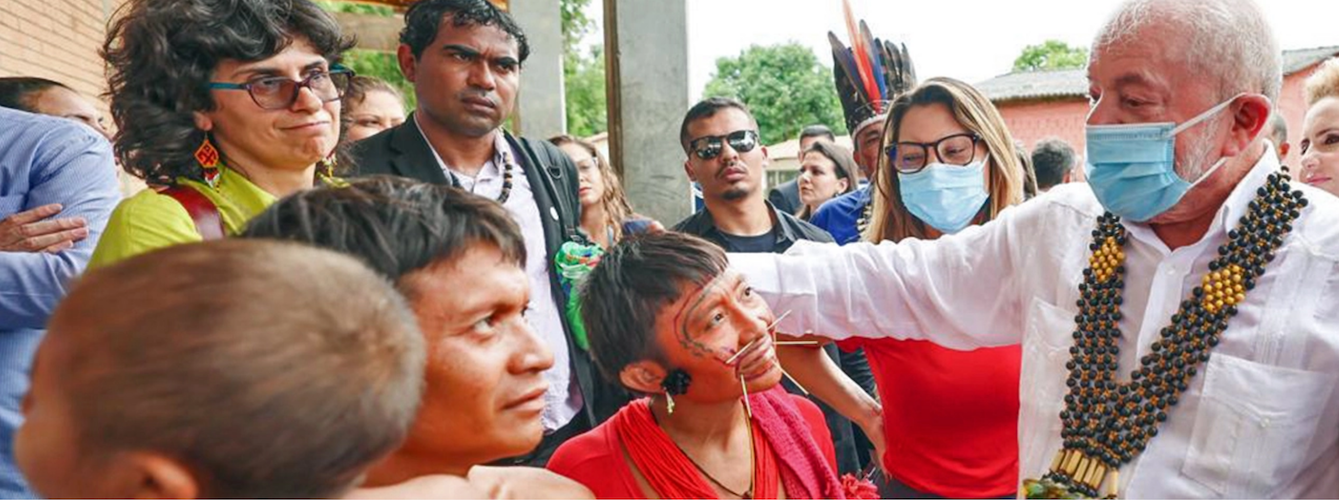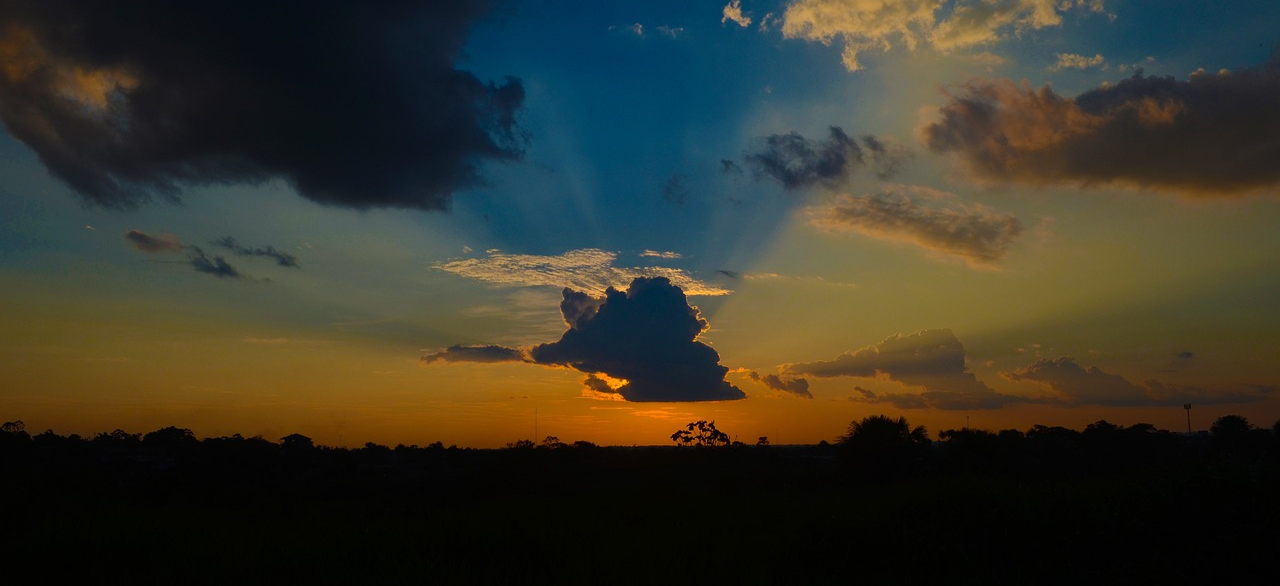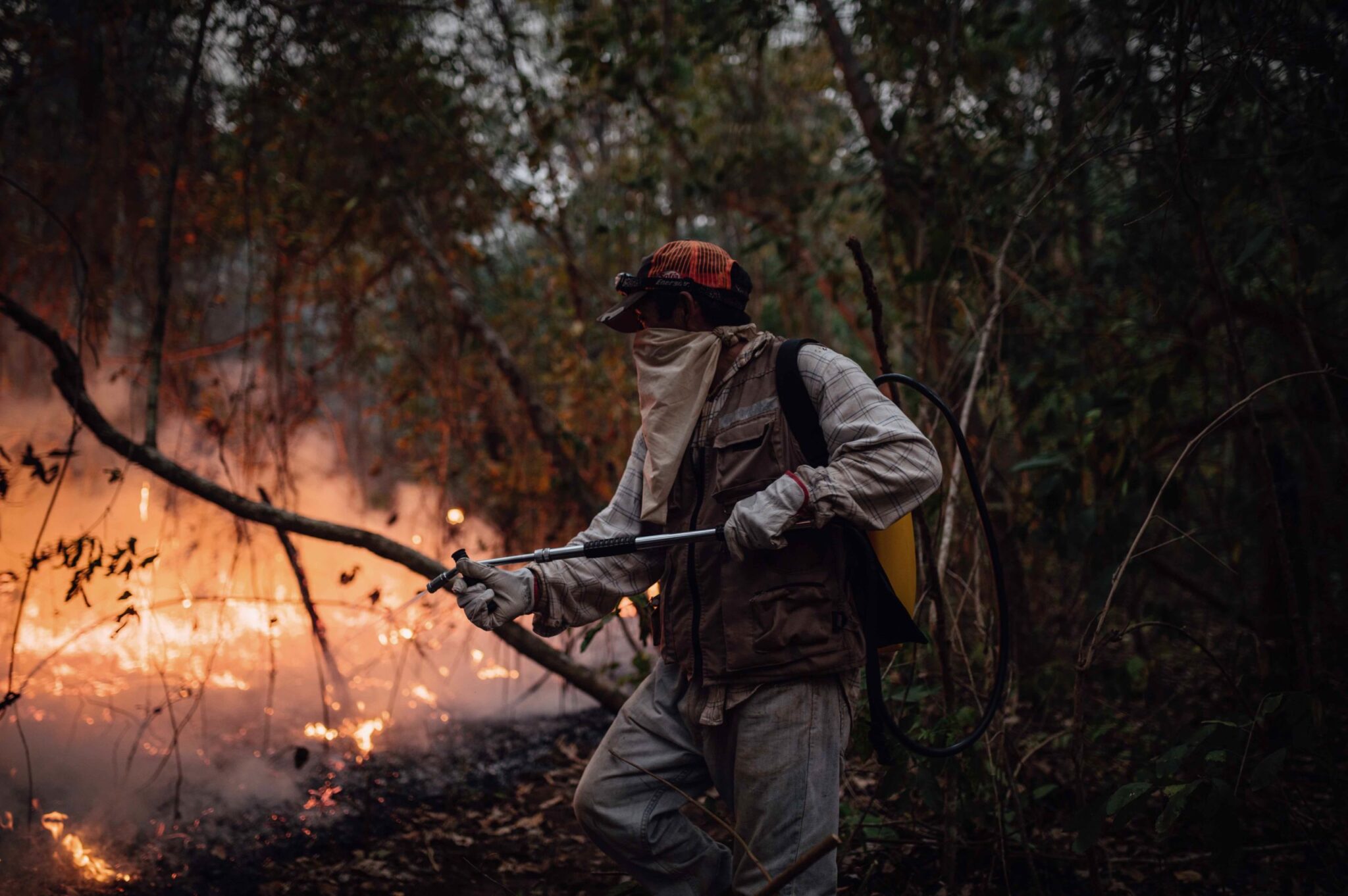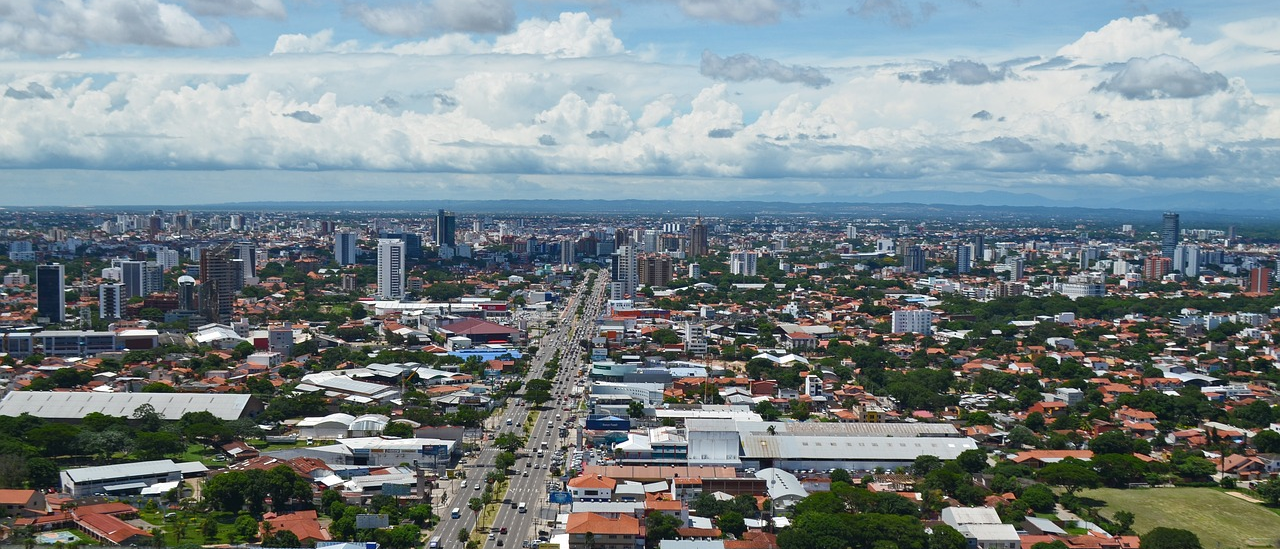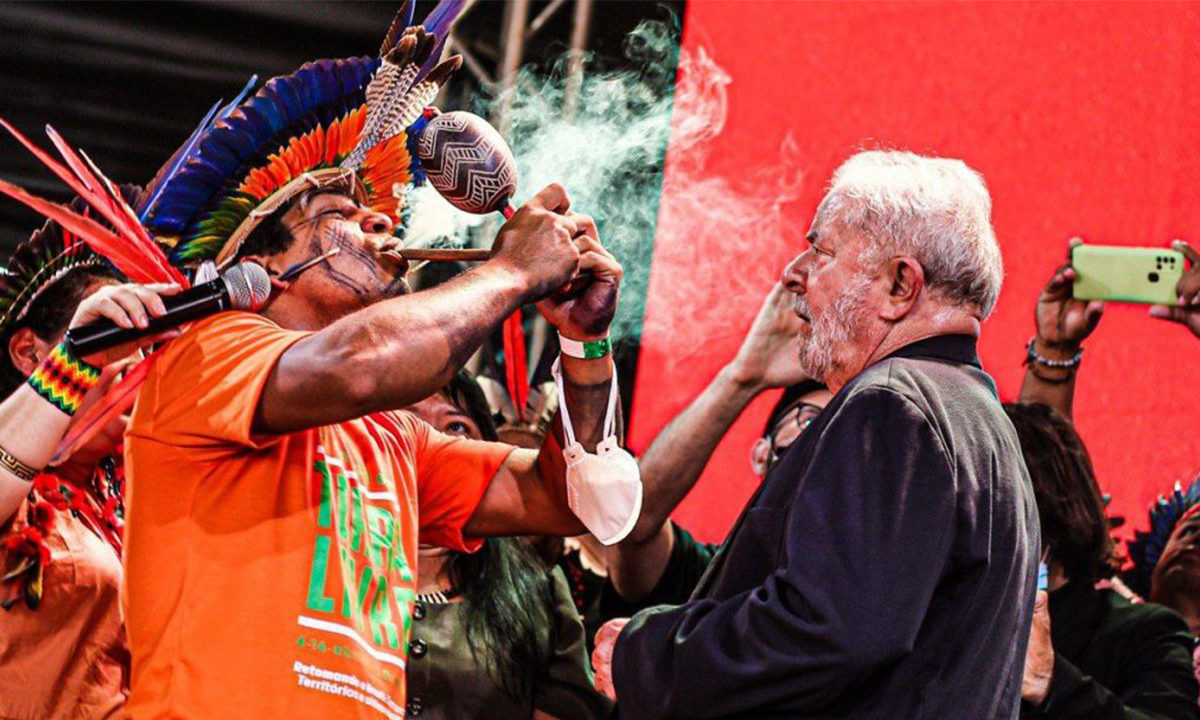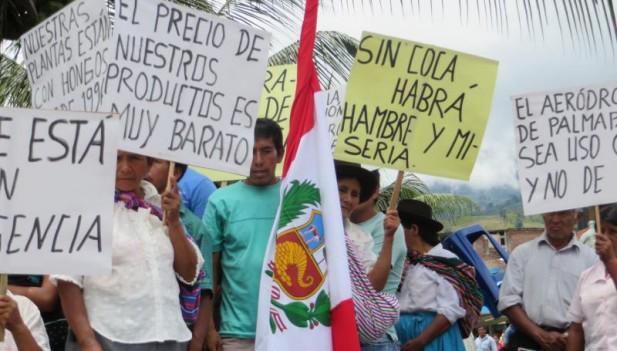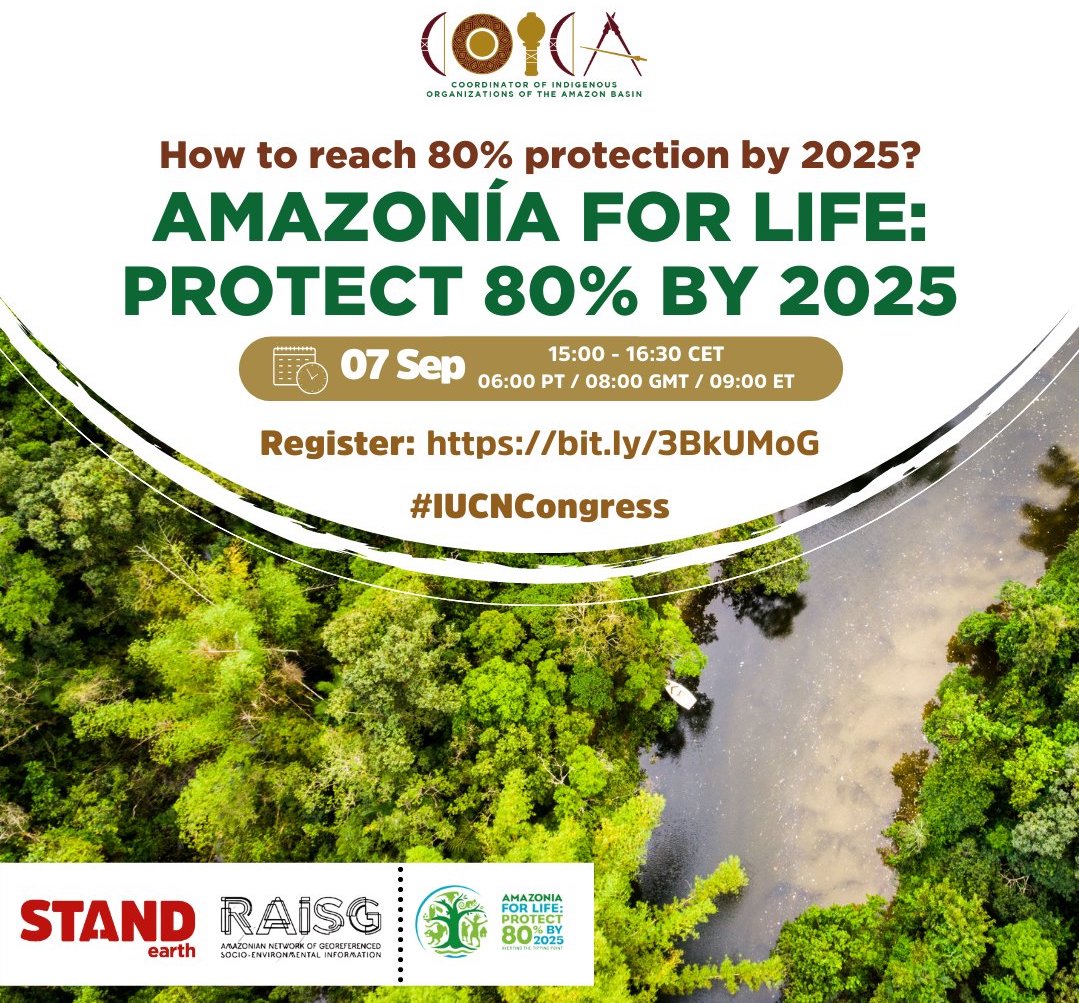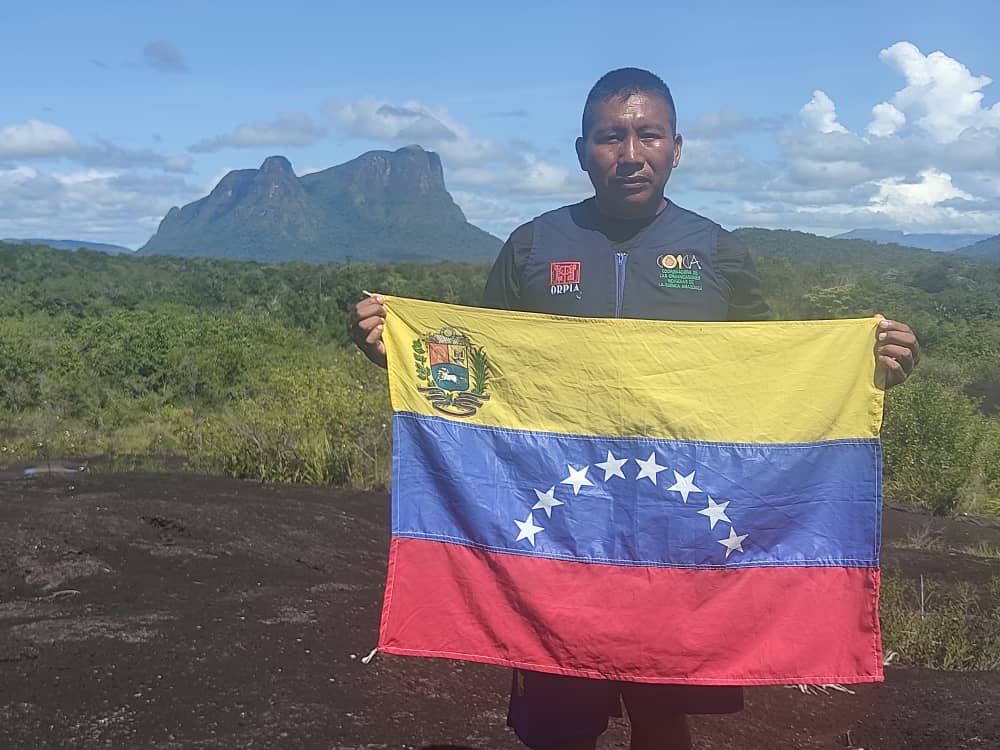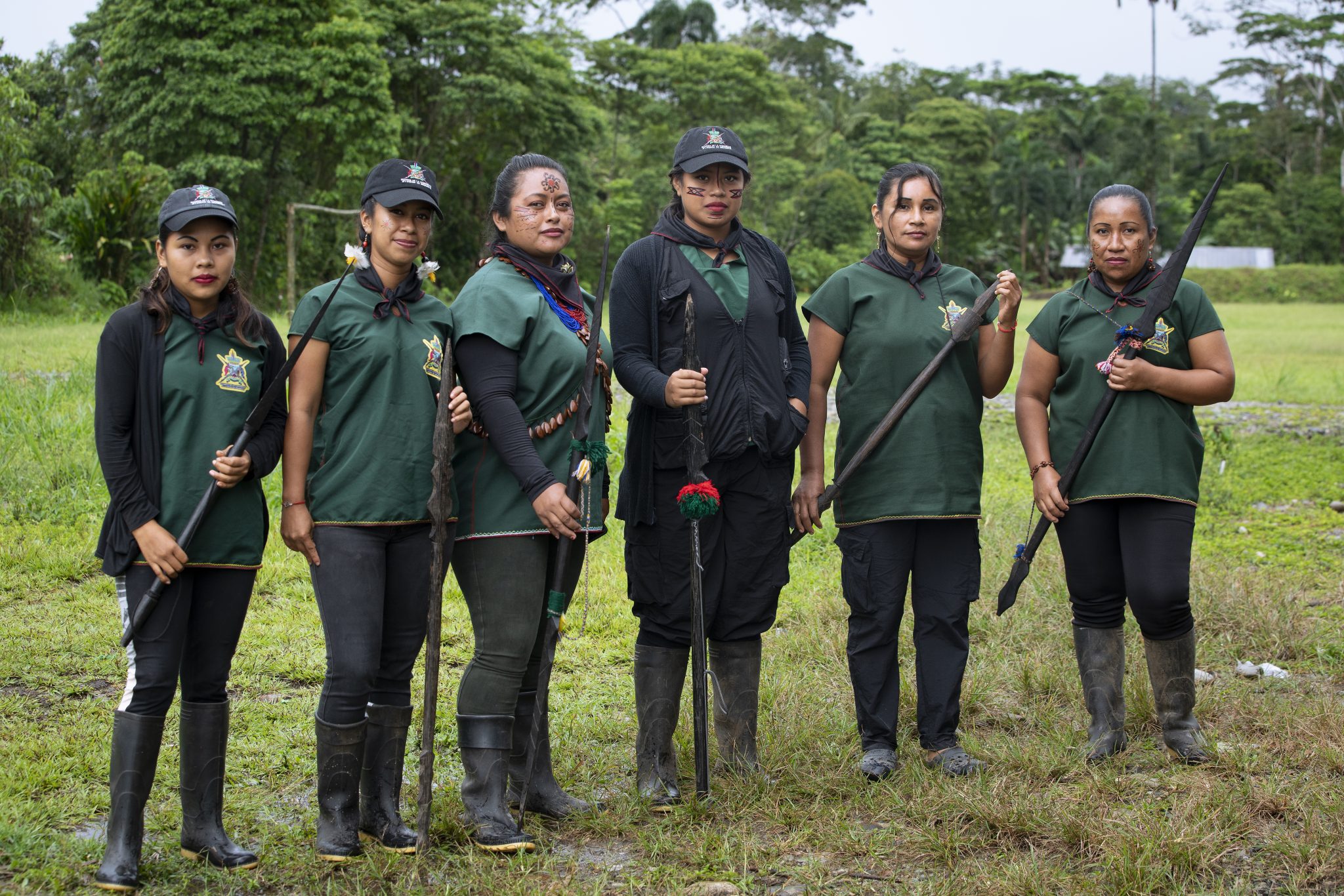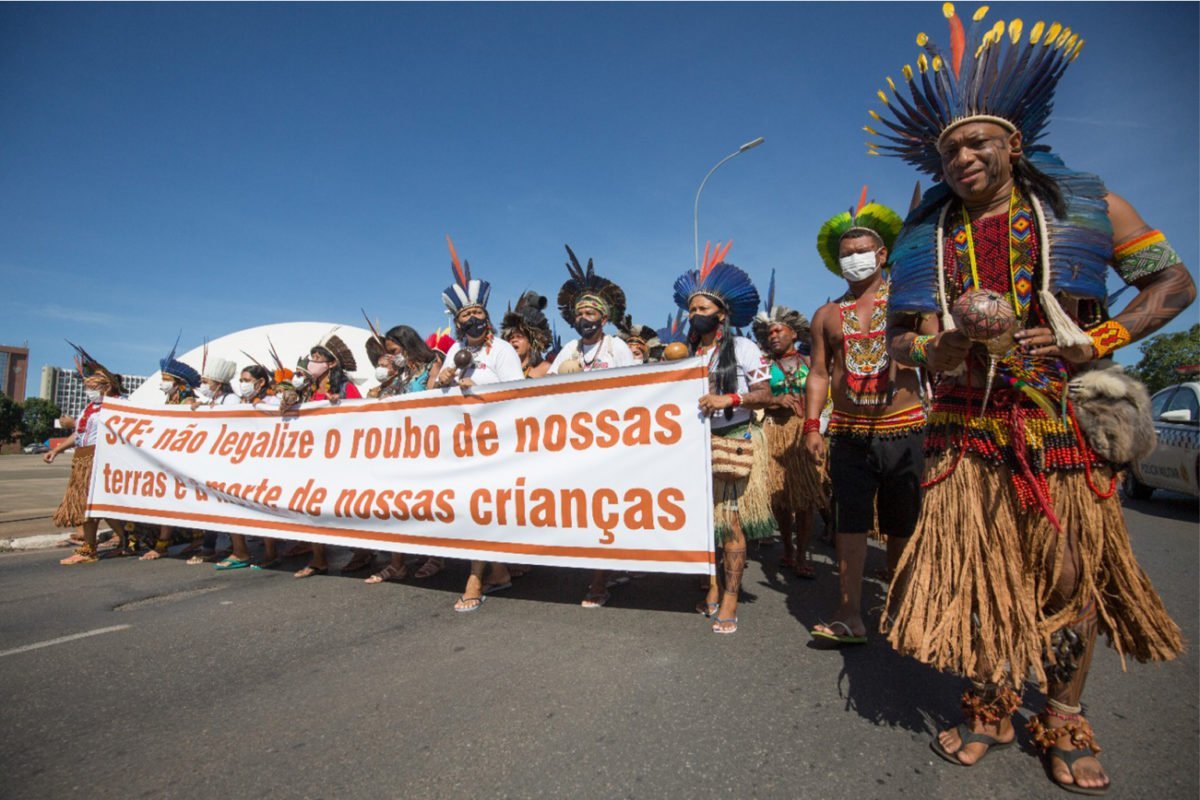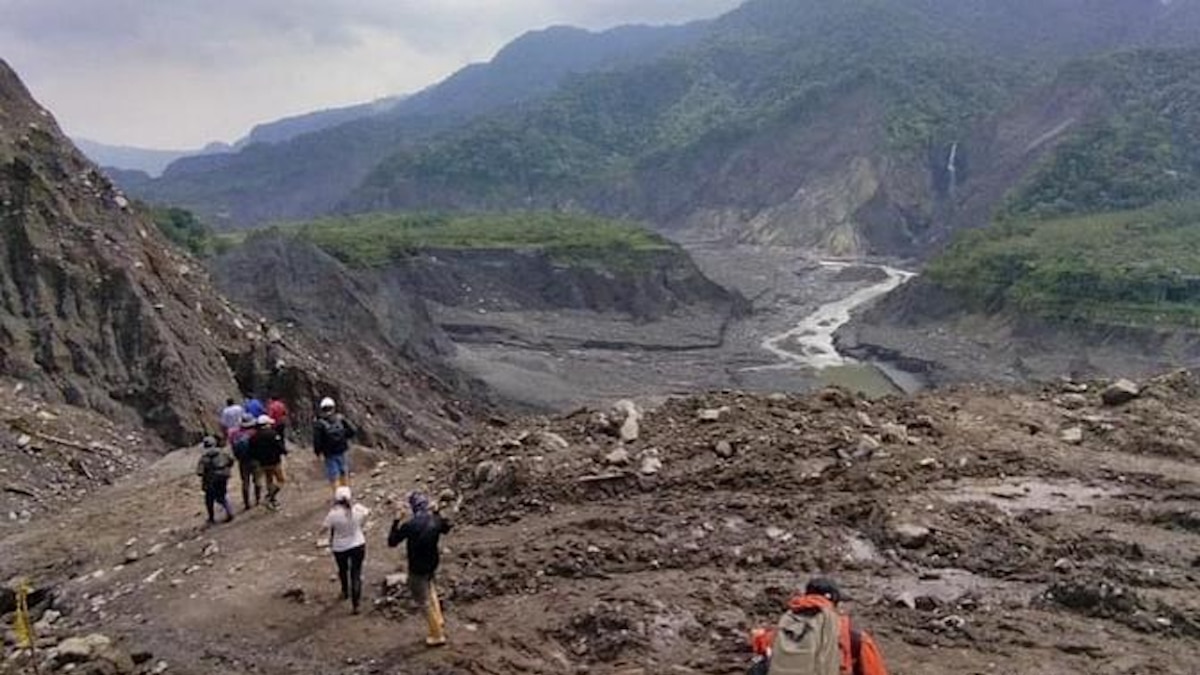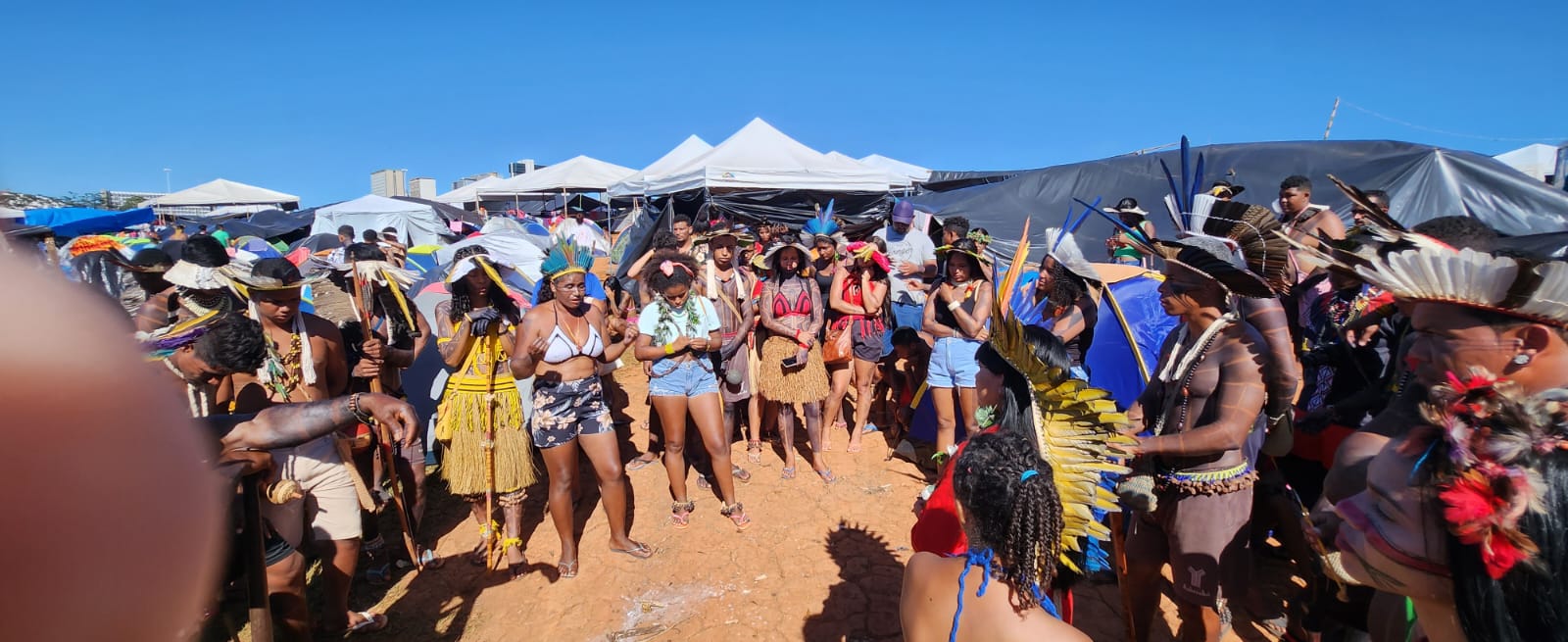
Indigenous peoples march on Brazil capital
Hundreds of indigenous people from across Brazil marched in Brasilia, the country’s capital, to demand government protection of their land and rights against invaders. The march was part of the 19th Free Land Camp, an annual national mobilization by indigenous peoples. “The demarcation of Indigenous Lands is an ancestral right provided for in the Federal Constitution,” Dinamam Tuxá, executive coordinator of the Articulation of Indigenous Peoples of Brazil (APIB), said in a statement. “Those who invade an Indigenous Land destroy forests and attack indigenous people, who have been fighting for the protection of their families, cultures, and lands for over 500 years.” (Photo via Twitter)



